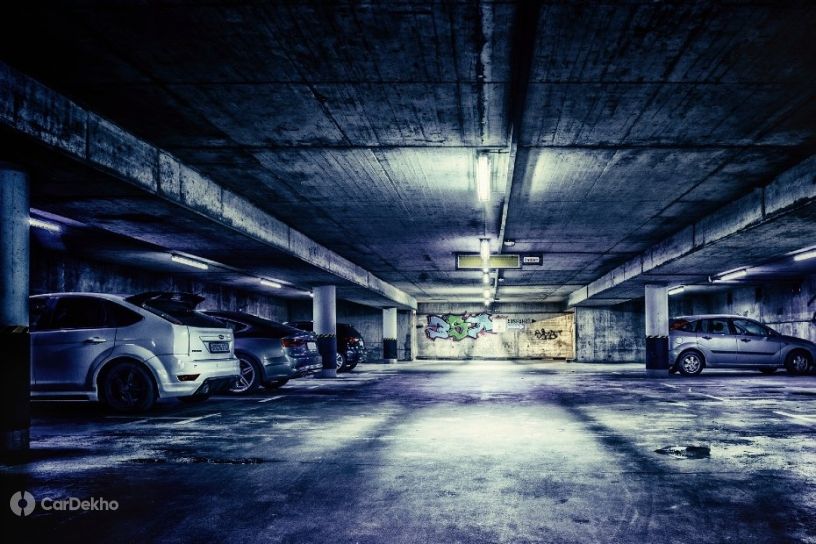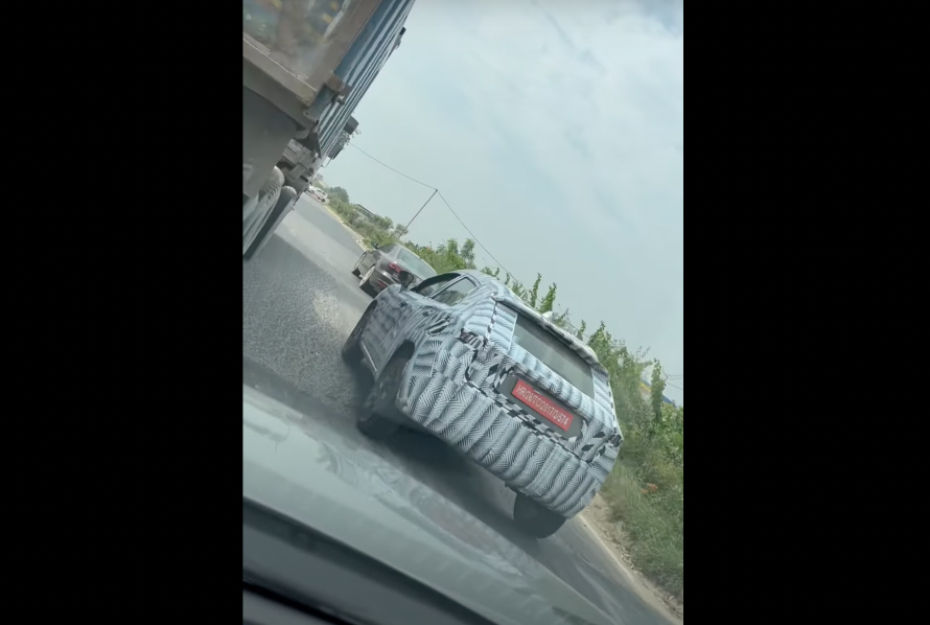Coronavirus Lockdown: How To Keep Your Car Healthy When Not In Use
Modified On Mar 29, 2020 03:11 PM By Sonny
- Write a comment
A car that is not being driven requires some special care. Here’s a quick guide to keep it in good condition

The government-mandated three-week lockdown means we have to stay confined to our homes. Consequently, our cars will stay home too. Cars require special care when parked up for long periods. Like muscles, they can face problems when left inactive for too long. Here are some basic tips to help keep your car in good health so you can go out adventuring again once when it’s safe:

Park Indoors or Use A Cover
Protecting your car from the weather and environmental elements is a key part of storing it safely. Keep the dirt and moisture off your car as much as possible. Ideally, park it indoors in a garage or in an underground space rather than leaving it out in the open. If you don’t have a covered parking arrangement, now is the time to use a car cover. Remember to fasten it to the car to prevent it from blowing off on a windy day.

Clean The Exterior
Before you put your car away for an extended amount of time, make sure you clean it. Dirt and muck can get stuck to the paint and leave permanent stains. If you’re washing it with water, remember to wipe it down to help it dry quicker before covering it up for storage.
Also Read: Here’s What Carmakers Are Advising Us To Keep Coronavirus At Bay

Clean Out The Cabin
Those of us who use cars on a daily basis tend to keep a few extra things in the storage spaces. It’s best to clear out the car of all food items, snacks, waste items, and liquids from the cabin as they could degrade or rot while the car is parked up for over a week. You can also use this opportunity to disinfect the cabin through some of the methods listed here.

Preserve The Battery
One of the most common issues with cars that have been left unused for too long is that the battery goes flat and the car won’t start. An easy way to deal with this problem is to start up the engine every few days even if you’re not taking the car out for a drive. Just start the car and let it idle for 15-20 mins. Once the engine has warmed up, give it a few revs while in neutral with a foot on the brake and let it idle for a few more minutes before turning it off. In case you’ve parked in a garage, remember to open the doors when running the engine. You can also check all other functions like lights, AC, and wipers when you run the engine.

Also Read: Meet The Anti-Coronavirus SUV From China
Release The Parking Brake
It may be a matter of habit to apply the handbrake or parking brake when you’ve parked the car. However, if you’re going to leave the car stationary for an extended amount of time, and it's not on a slope, don’t leave the handbrake on. This could cause the brake pads or the brake shoe to get locked up. For cars with automatic transmission, leaving it in ‘Park’ is sufficient. In the case of manual transmission models, you can slot it into first or second gear to stop it from rolling. If you are stuck with a parking spot on an incline, try using chock blocks under the wheels to hold it in place and release the handbrake.

Avoid Flat Spots On The Tyres
If a car is left standing in one spot for a long time, the tyres can develop flat spots from the contact patches. This affects the grip and ride quality of the car. In order to avoid flat spots, you need to drive your car forward and back every few days to rotate the tyres. It also helps to pump the air pressure to the prescribed maximum since the drop in pressure could leave your tyres under inflated. You can simultaneously run the engine to keep the battery alive.

Top-up On Fuel
Fossil fuels like petrol and diesel comprise of volatile compounds, which can evaporate even when inside the fuel tank. That could cause unwanted oxidisation or create condensation within the tank, which could contaminate the fuel. The lack of fuel being circulated through the powertrain since the engine is not being run could also cause smaller components to malfunction. Diesel has a better shelf life than petrol. We’re not saying that all your petrol vehicles will go up in fumes in the current 21-day lockdown, but it would be advisable to not leave the fuel tank half-empty either. Also, the battle against the COVID-19 pandemic could cause these lockdowns to be extended, so it would be a good idea to refill your fuel tanks when possible.

Plug The Exhaust
In case you live in an area filled with small wildlife cretins, it may be a good idea to cover the exhaust pipe opening with some steel wool. This will stop small creatures from finding a home in your car’s pipes. Make sure you don’t forget to take it out before starting up the car the next time.















